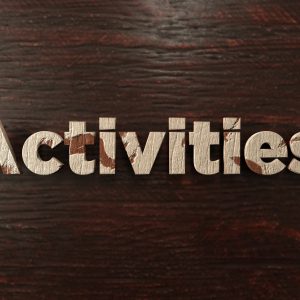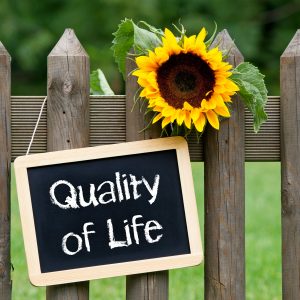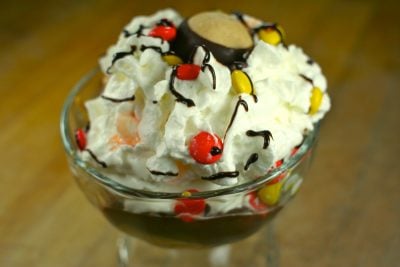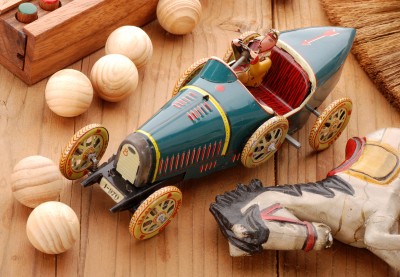From Dementia Activities Round-up to Person-Centered Care Practices
I am humbled and honored to work with such amazing and talented people. As a trainer, I believe we learn as much from those we are training as they learn from us. We are all practicing when it comes to dementia care. Every day is a new day and no matter where we fit into the spectrum, we all need each other to learn and grow. Let's talk about person-centered care practices.





